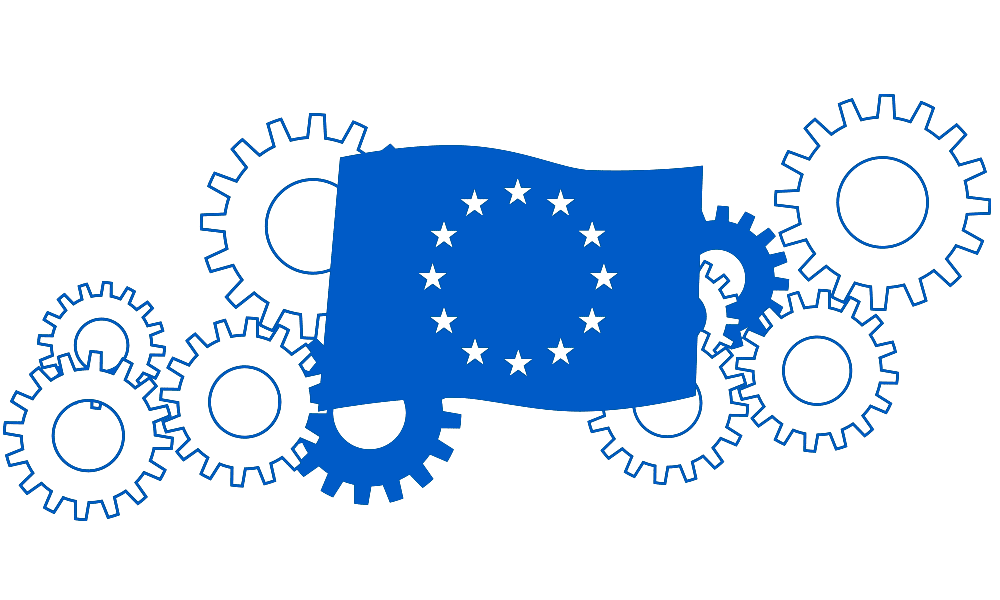Eye on Europe
Views and insights from around the “old continent” and the European Union’s engine room in Brussels

Views and insights from around the “old continent” and the European Union’s engine room in Brussels

Boris Johnson has traded a hypothetical, temporary, all-UK backstop for a certain, permanent one for Northern Ireland only. Meanwhile, France is blocking accession talks with North Macedonia and Albania.
The right-wing Law and Justice (PiS) party won re-election, but has a tricky four years ahead.
China’s efforts to develop its AI chip industry could provide Europe with important lessons.
While Portugal’s António Costa has managed to forge a stable partnership on the left, insurmountable divisions in Spain mean Pedro Sánchez may struggle to form a coalition even if he wins November’s vote.
MEPs promised Emmanuel Macron they would take vengeance for his destruction of the Spitzenkandidat system. They’ve kept their word.
Ursula von der Leyen is “enthusiastically working toward a defense union.” Without a coordinated stance on European arms exports, this could prove difficult.
Thirty years after 1989, we in the West still aren’t sure how to celebrate the anniversary—nor exactly which anniversary we are commemorating.
Ursula von der Leyen is pushing aside traditional foreign policy in order to focus on an area where the EU has more power: economics.
A formidable Spaniard is about to take over as Europe’s chief diplomat, and he will strive to make the EU a heavyweight in international affairs.
The European Parliament has rejected the Hungarian and Romanian commissioner nominees, and the Polish nominee is in serious trouble.
The changing of the guard in Brussels offers the French president the chance of a new beginning in Europe.
Emmanuel Macron has turned to an old strategy: leveraging France’s budding rapprochement with Moscow.
The new European Commission line-up signals an appetite to take on the United States, China, and Russia
The European Union often fails to make its mark on global affairs due to internal divisions. Scrapping the unanimity requirement for European foreign policy positions could help—but it can’t come without burden-sharing.
The German defence minister has squeaked through by just nine votes. But it is the EU institutions, and not Von der Leyen, who are to blame.
The European Council’s pick is in serious doubt after MEPs left meetings with her this week unimpressed.

